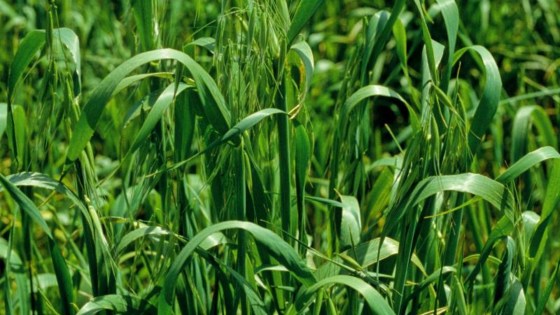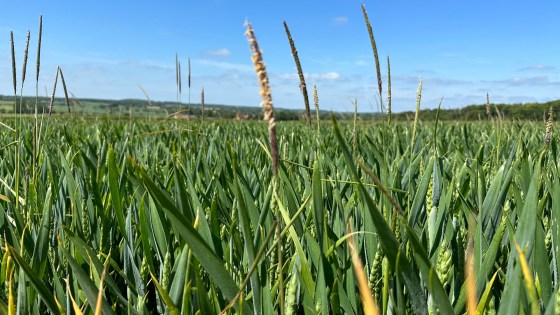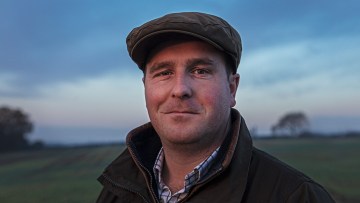LUXIMO® ON FARM: Freya Morgan
2023/2024
About Freya
Freya’s father built up the farm, starting with just two pigs and a contract spraying business. The brewery, Charles Wells, rented him a farm. From then on, Freya was her father’s shadow.
She was one of the earlier female intakes at the Royal Agricultural University in Cirencester and later travelled to Australia, where she worked as a combine driver.
Today, Freya is responsible for over 1,600 ha across North Bedfordshire and into South Cambridgeshire along with her son Joshua who has recently joined the partnership. As well as owning and renting land, the business includes shared and contract farming agreements.
The soil is heavy Bedfordshire clays and Hanslope series clays, but generally the main challenge is moisture. Freya often sees rain in the forecast skirting around the farms and describes it as one of the main limiting factors.
Managing such a large acreage poses some challenges. While decisions around cultivations and crop protection are taken at field level, Freya tries to keep the number of different varieties down, to ensure storage facilities are optimised. With Weetabix, Richardson Milling Ltd and Heygates on her doorstep, Freya looks to match varietal choice with local end markets.

Rotation
The rotation consists of winter beans, winter and spring barley, winter wheat, winter oilseed rape and spring oats.
This year (harvest 2024), Freya has sown 740 ha of winter wheat “We’ve KWS Extase and KWS Dawsum in the ground, we try and keep it simple, especially with the limited storage we’ve got. I don’t like having to waste space,” she says.
The area of spring oats has increased this year, at the expense of winter beans, as an alternative breakcrop.
“Winter beans are just not giving us the return; they are becoming consistantly disappointing. We have drilled more spring oats, not just because they compete well with the black-grass but also because a new oat mill has been built nearby, creating a new local market.
“We've always grown spring barley in our rotation to help with our black-grass control, and spread workload in the autumn. We have succesfully grown it on heavy ground managing to achieve malting premiums. Including winter barley in our rotation helps us to establish winter oilseed rape in the ground early enough to get it away from the cabbage stem flea beetle.”

Black-grass
Freya takes a multi-faceted approach to black-grass control. She uses spring cropping, delayed drilling, rotational ploughing where needed, as well as chemical controls.
“These three cultural elements have been key on the ‘home farm’. Sometimes you need to plough to just ‘reset’ and completely invert the soil, but we don't want to be doing that every year,” she says.
The wet weather this season has affected the black-grass, increasing populations, highlighting and exagerating problem areas in any field.
“We are in a strong black-grass area and the weather conditions meant we weren’t able to get pre-ems on about 15 - 20% of the winter wheat area this autumn. The fields that didn’t get a pre-em sadly are showing bad black-grass now, these will be the areas to concentrate on. Some will have to be ploughed; ploughing is our back stop method for black-grass control.”

Autumn 2023 and spring 2024
Like many across the country, autumnal establishment was difficult, however, Freya says, “We have been fairly fortunate, we got most of our winter cropping in, all except just over 20 ha. We had to pull some areas up in the spring where parts of fields which were so wet the seed rotted, but luckily it was not a large area.”

Looking ahead
Weather permitting, cultivations are likely to play a greater role this autumn. “There are some fields which are pretty clean, while others could do with a reset. The goal will be to achieve that fine firm seedbed and get the products on at the right time to try and control the black-grass.”



